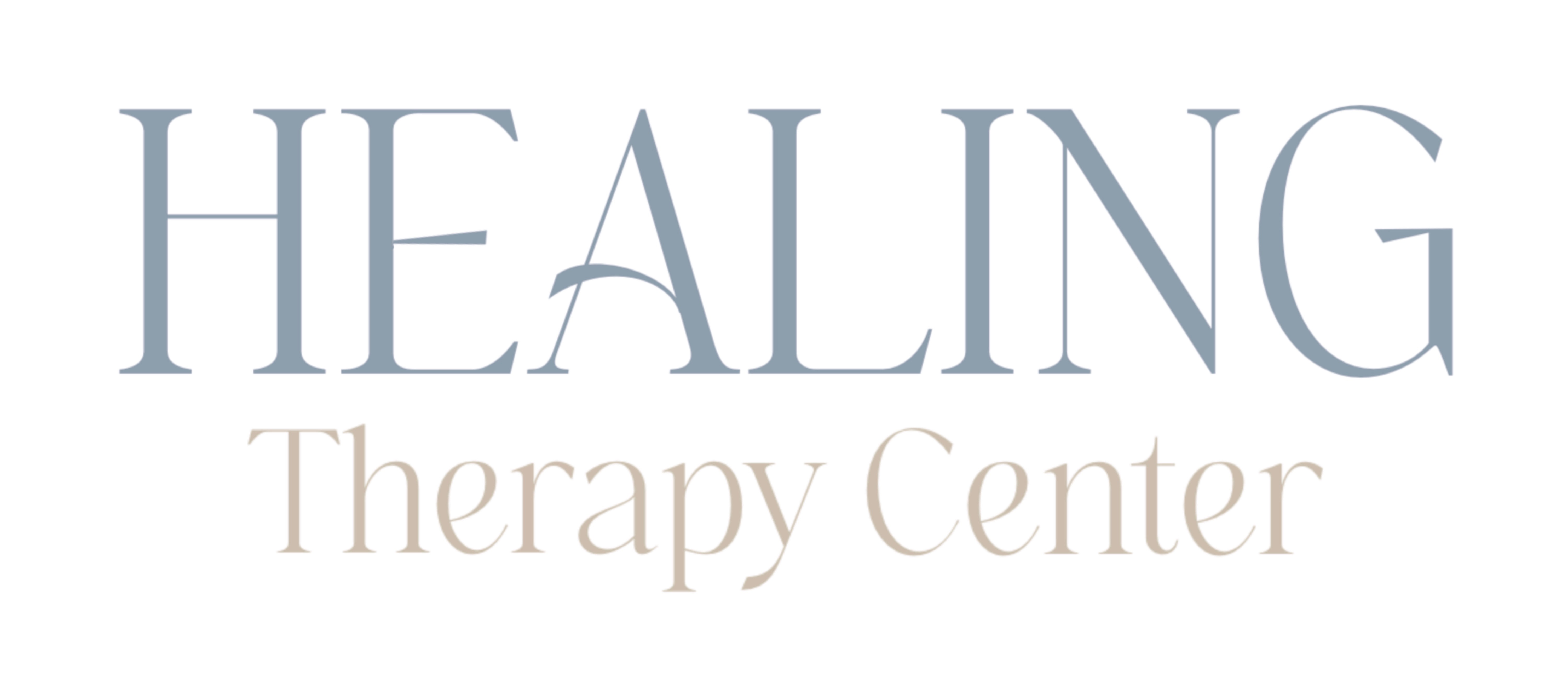Depression Counseling & Treatment in Michigan
Are you struggling with persistent sadness, loss of interest in things you used to enjoy, or feeling hopeless about the future? Does depression make it hard to work, maintain relationships, or get through the day? At Healing Therapy Center, our licensed therapists provide compassionate, evidence-based depression counseling throughout Michigan via telehealth or in-person at our Dearborn office.
Depression is not a sign of weakness, and it's not something you can just "snap out of." It's a real medical condition that affects how you think, feel, and function - and it's highly treatable. With proper therapy, most people experience significant improvement in their depression symptoms and quality of life.
Depression Treatment Works
Research shows that therapy is as effective as medication for treating mild to moderate depression, with longer-lasting results. Cognitive Behavioral Therapy (CBT) produces significant improvement in 60-70% of people within 12-20 sessions.
Types of Depression We Treat
Major Depressive Disorder
Persistent sadness, emptiness, hopelessness (2+ weeks). Loss of interest, appetite/sleep changes, fatigue, guilt, thoughts of death.
Persistent Depressive Disorder
Chronic, lower-grade depression lasting 2+ years. Less severe but prolonged impact on quality of life.
Postpartum Depression
During pregnancy or after childbirth. Mood swings, bonding difficulty, withdrawal, fatigue, intrusive thoughts.
Learn more →Seasonal Affective Disorder (SAD)
Occurs during fall/winter when daylight decreases. Low energy, oversleeping, weight gain, withdrawal.
Depression with Anxiety
Many experience both simultaneously. Requires specialized treatment addressing both conditions.
Evidence-Based Depression Treatments
Cognitive Behavioral Therapy (CBT)
Most researched treatment. Changes negative thought patterns, increases meaningful activities. 60-70% improvement in 12-20 sessions.
Behavioral Activation
Breaks the depression-withdrawal cycle. Gradually re-engages with meaningful activities. Highly effective approach.
Interpersonal Therapy (IPT)
Improves relationships and communication. Addresses grief, role transitions, conflicts, and isolation.
Mindfulness-Based Cognitive Therapy (MBCT)
Combines mindfulness with CBT to prevent relapse. Observe thoughts without getting caught up. Recognize warning signs.
Depression vs. Sadness: When to Seek Help
Everyone feels sad sometimes. Depression is different - it's intense, persistent, and interferes with your ability to function. Seek professional help if:
- Sad or empty mood lasting most of the day, nearly every day for 2+ weeks
- Loss of interest or pleasure in activities you used to enjoy
- Significant changes in appetite, weight, or sleep
- Fatigue or loss of energy nearly every day
- Feelings of worthlessness or excessive guilt
- Difficulty concentrating, thinking, or making decisions
- Thoughts of death or suicide
- Depression interfering with work, school, relationships, or daily activities
Medication vs. Therapy vs. Both
Therapy alone is effective for mild to moderate depression. CBT has similar effectiveness to antidepressants without side effects.
Medication alone can be helpful, especially for severe depression, but doesn't teach coping skills. Depression often returns when medication is stopped.
Combination treatment (therapy + medication) is most effective for moderate to severe depression, offering symptom relief plus long-term coping skills.
How Depression Therapy Works
In the first session, we'll discuss your depression symptoms, history, current stressors, and goals. Together we'll develop a personalized treatment plan.
Therapy typically involves understanding depression patterns, identifying triggers, challenging negative thoughts, increasing positive activities, improving sleep and self-care, and developing relapse prevention strategies.
Most people attend weekly 50-minute sessions for 12-20 weeks. Many notice improvement within the first month, though full recovery takes longer. The skills learned in therapy help prevent future depression episodes.
Telehealth Depression Counseling Across Michigan
We provide secure telehealth depression counseling to clients throughout Michigan. Research shows telehealth therapy is equally effective as in-person for treating depression. When you're depressed, leaving home can feel overwhelming - telehealth removes that barrier.
Frequently Asked Questions
How do I know if I have depression or just sadness?
Depression is more intense, lasts longer (2+ weeks), occurs most of the day nearly every day, and significantly interferes with functioning. If you're unsure, it's worth getting evaluated.
Will I need antidepressants?
Not necessarily. Many people successfully treat depression with therapy alone. For moderate to severe depression, combining therapy and medication is often most effective. We'll discuss all options.
How long does depression treatment take?
Most people see improvement in 8-12 weeks of CBT, with full recovery taking 3-6 months. Some need longer, especially for chronic or complex depression. Treatment teaches skills that help prevent future episodes.
What if I don't have energy to go to therapy?
This is very common with depression. Telehealth therapy from home requires less energy than in-person sessions. Even when you don't feel like it, consistently attending therapy is one of the most important things you can do for depression recovery.
Does insurance cover depression counseling in Michigan?
Most Michigan insurance plans cover depression treatment. We accept Blue Cross Blue Shield, Aetna, Priority Health, McLaren, and HAP. Call (313) 654-1915 to verify coverage.
If you're in crisis:
National Suicide & Crisis Lifeline: Call or text 988
Crisis Text Line: Text HOME to 741741
Start Depression Counseling Today
Call: (313) 654-1915
Location: 22005 Outer Dr W, Dearborn, MI 48124
Telehealth available throughout Michigan. Request an appointment online
